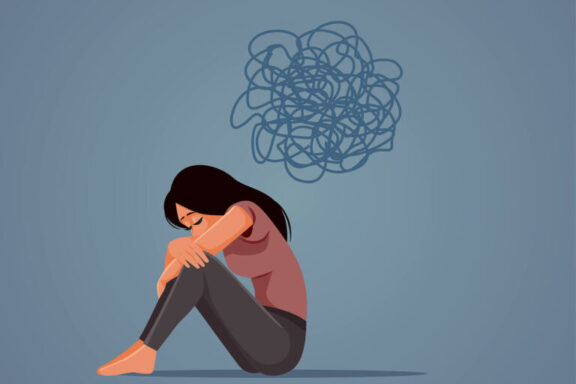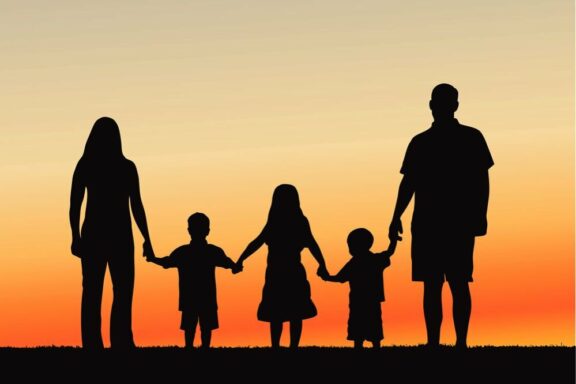In the information age, we are becoming less analog and more digital in our ways of being to keep up with the ever-changing digital world in which we live now. However, while digitisation is spreading into everything we do and requiring us to partner with technology and morph into Yuval Noah Harari’s “Homodeus“, we continue to struggle to balance digitization with the analog part of life and the world. In a conversation with Daniel Garner, we explored the question of how to handle the loss of obviousness that we used to have before the digital world emerged and some strategies that could be helpful in regaining a more balanced pace of being.
In the book Belonging Again, O.G Rose (Daniel and Mitchelle) analyse how we lost our “givens” and what we need to do to reorient ourselves so we can regain them. “Givens” are those that are obvious to us. That which was pre-defined for us by our cultures, social norms and traditions so that we knew how the world worked and could then join in the game of life and continue playing it the way it’s meant to be played. However, we are now more digitized since technology spread into most aspects of life.
Take the case of turning on a light before the emergence of electronic lights. One had to find some medium to burn so that there could be light, and now, light is always available and accessible by pressing a button. A couple of years ago, we were affected by floods, and there was a power outage for about two days. Our world slowed down significantly, and life became quite frustrating for those two days.
We had to find the candles after the rechargeable lights ran out of charge. We had to light up the barbeque and use it to make meals. We had to entertain ourselves by using conversations and songs as there was no more TV, radio, or internet. Lucky for us, we, the parents, had experience living without electricity and the internet so we could keep our lives moving, but this was not the case for all the families in our neighbourhood. Some families had to pack up and go somewhere else to get support for this scenario.
Similar to what happened when the power went out is what has happened of late with the meaning crisis. While we have become adapted to living in an overly digital world with multiple options available on demand that are suited to us, we are losing the opportunity to become more flexible and adapt ourselves to the dynamic world. In that regard, we have to work harder to transition ourselves or to develop the artistic flexibility that can allow us to identify and keep up with the meaning that is always emerging in a situation.
The challenge with this is that we have to become more sensitive to what is “right”. This is an analog skill that cuts across both the digital and analog experience of life. The more refined digital aspects of life tend to dull our creativity sensitivity by increasing certainty in every situation. However, one of the opportunities we get in an analog life experience is to have to identify the truth of the situation as the the situation unfolds for us. As they say, that which doesn’t kill you, will only make you stronger.
When we slow down in the situation and are more present to it, what is “right” starts to reveal itself to us. It feels like the situation tells us the right thing to do if we surrender to it. However, that kind of surrender requires accepting uncertainity and having faith that what is right will be revealed and making oneself ready to follow the right path when it is revealed while managing all the anxiety that is pushing them towards a more immediate gratification. And as “digital people”, overcoming the need for immediate gratification that is fostered by a digital world can be incredibly difficult. So, yes, a crisis does indeed ensue in such scenarios.
Overcoming that crisis takes “leaning in” to the situation and orienting oneself to what is emerging with an openness to learn from it and let it tell you where to go and how to go. A good example of this occurred to me recently while building a set of stairs where Grandpa Paul was directing me to make an adjustment to a beam so we could get it into the right position. He said something that I found strange at first but later understood. He said, “It seems like that piece of timber wants to go over there like that”. For a moment, I wondered how he would know what the piece of timber wanted. But then it came to me. Grandpa Paul was embodying the perspective of the piece of timber so he could envision the “right” position. It was fascinating to me that he could do that. My takeaway from that experience was the value we get from orienting our perspectives properly so that we can see what is “right” in the situation. While the answers may seem elusive, one place to look for them would definitely be in the situation itself as it unfolds. This is very much aligned with Daniel’s proposal to engage with the situations artistically and philosophically.





